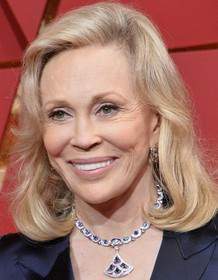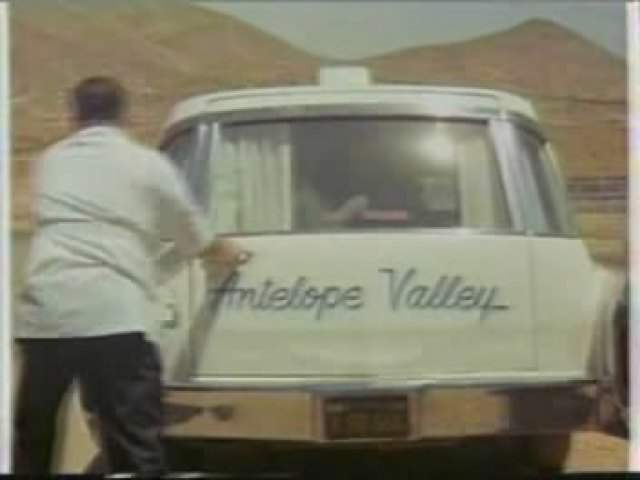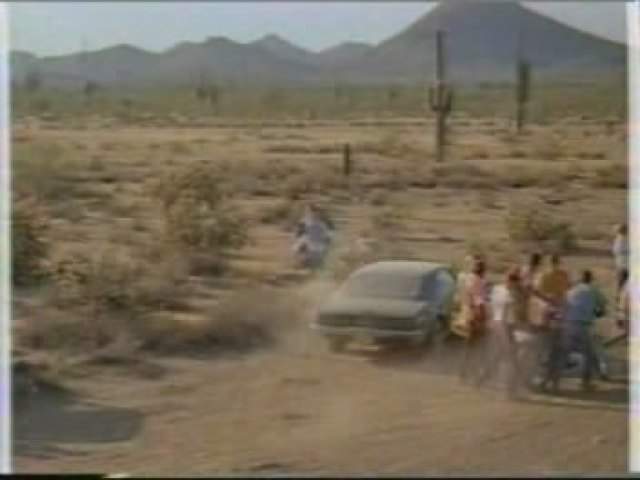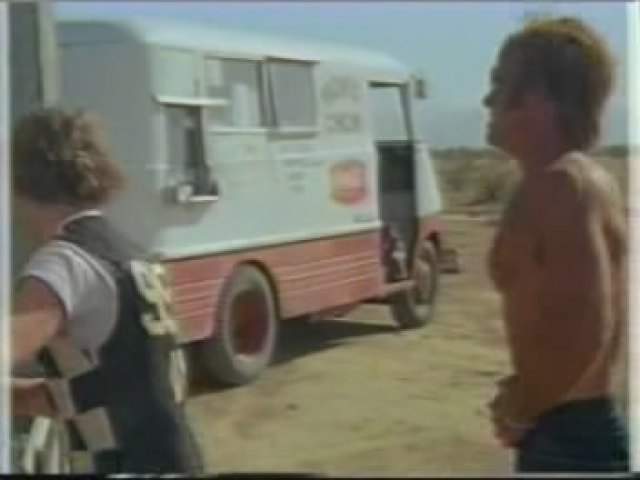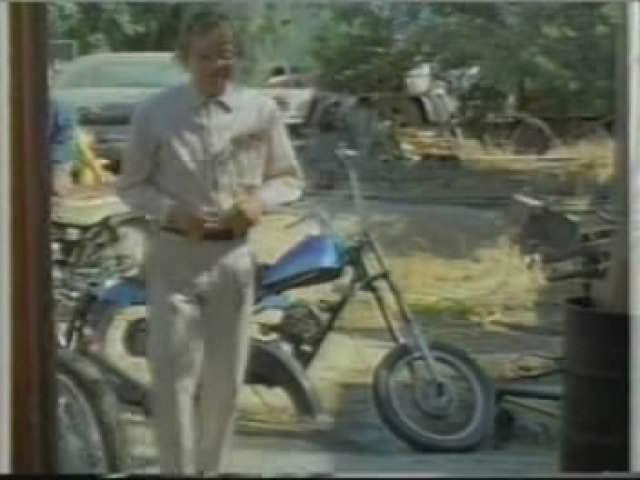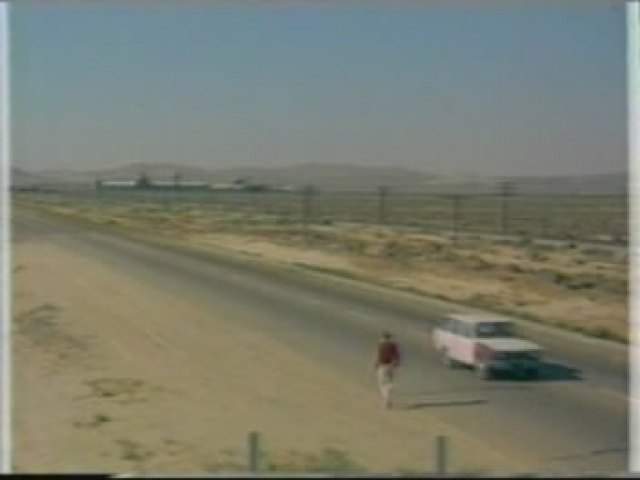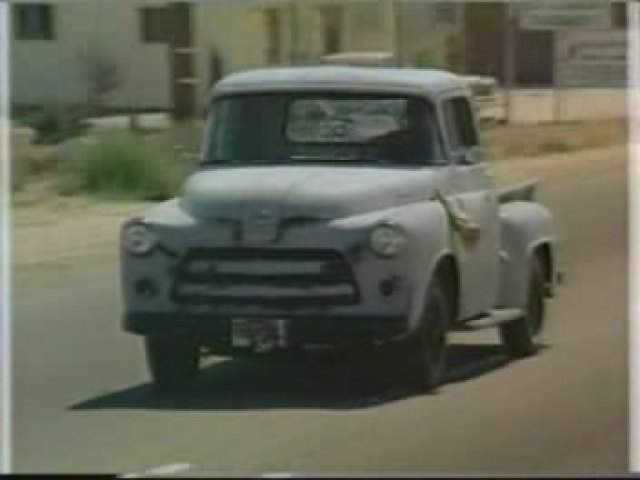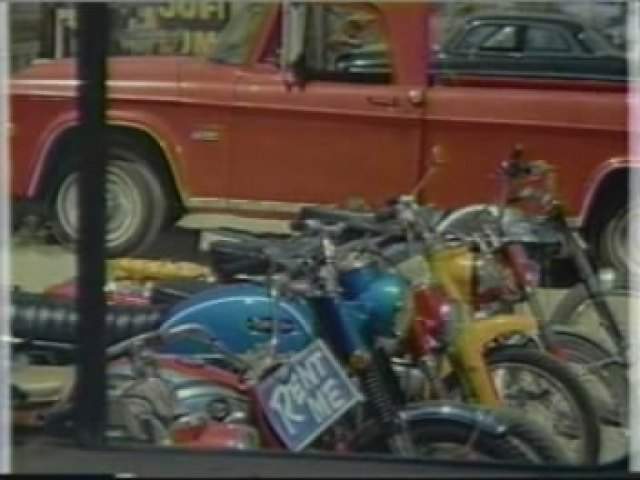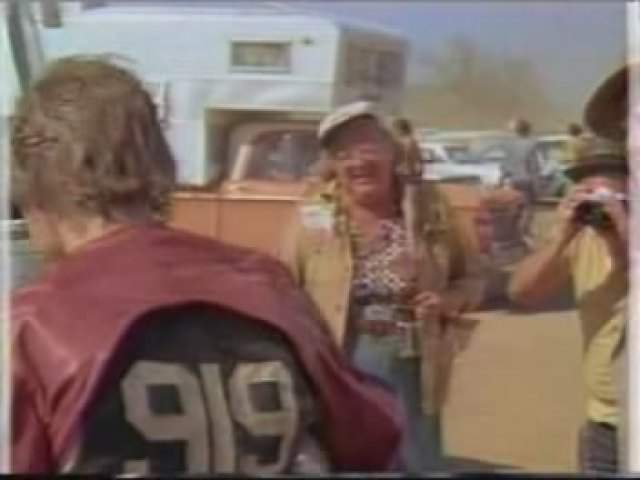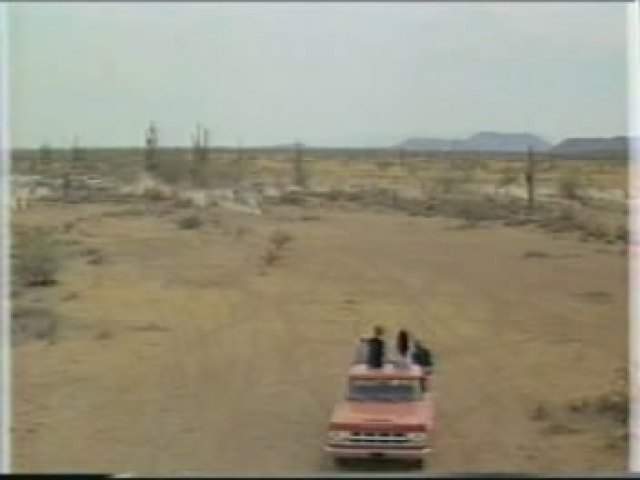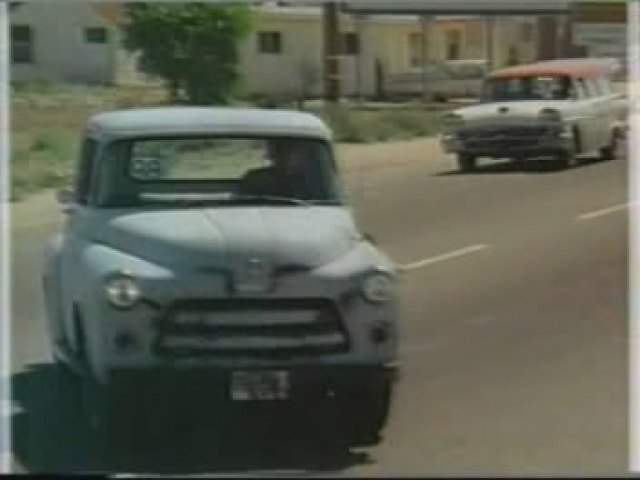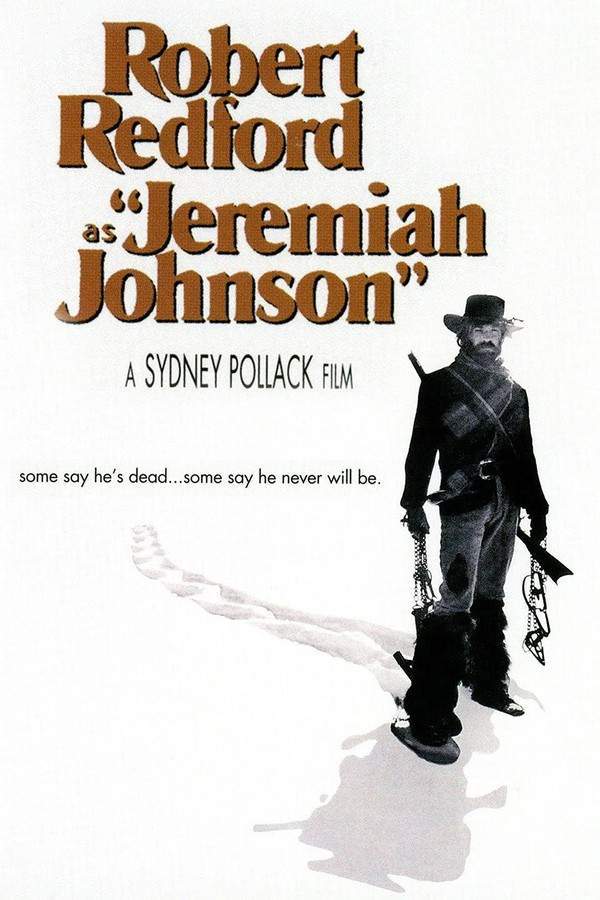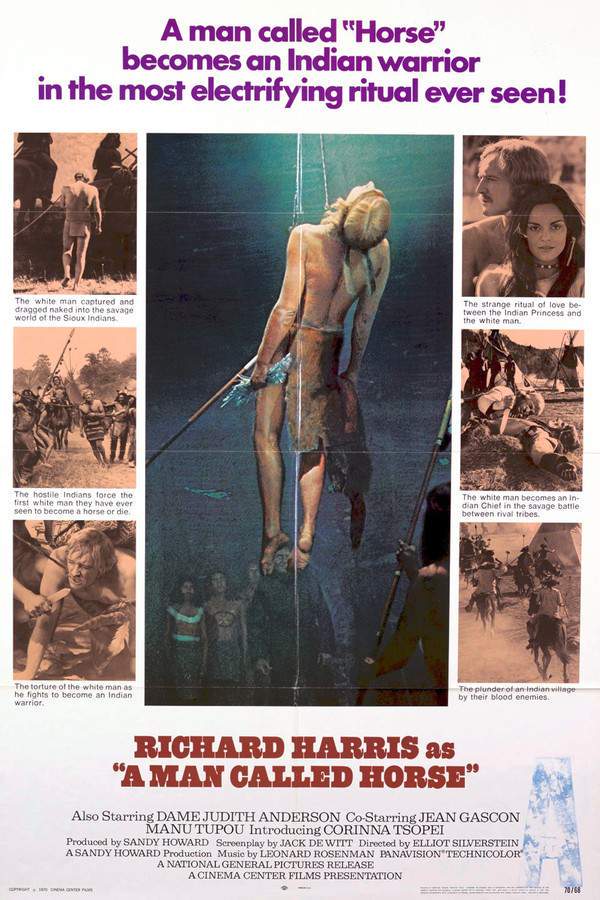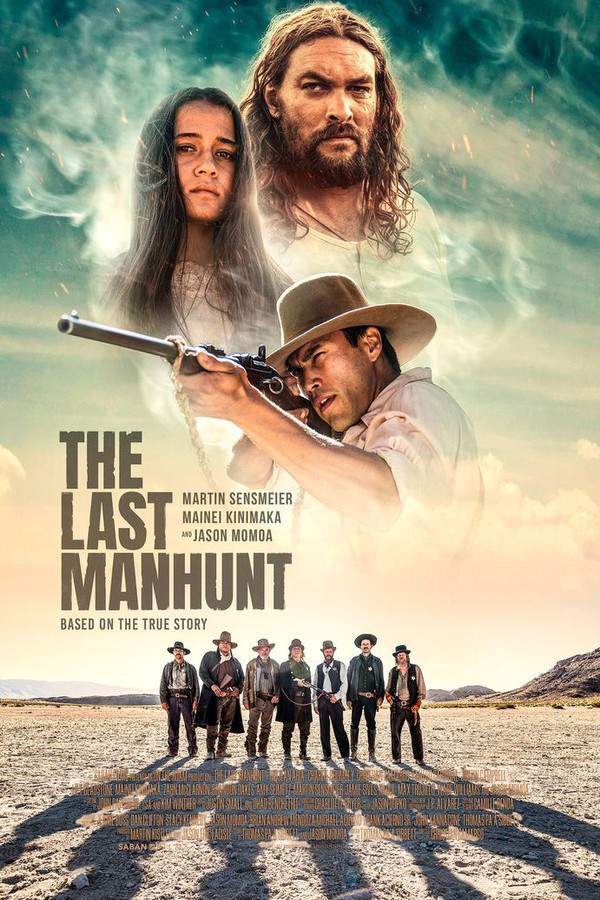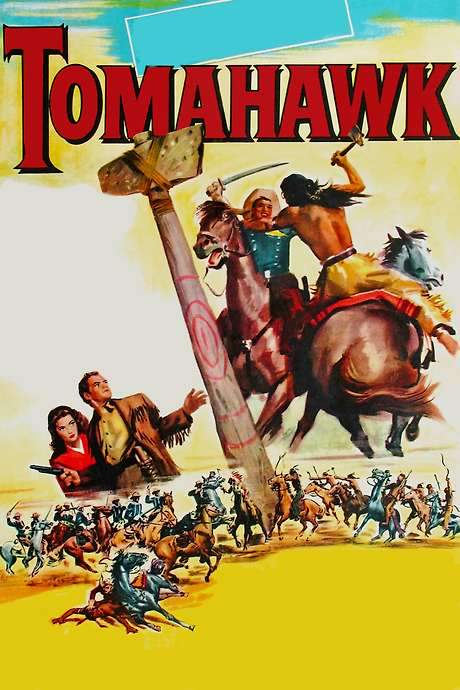Little Big Man 1970
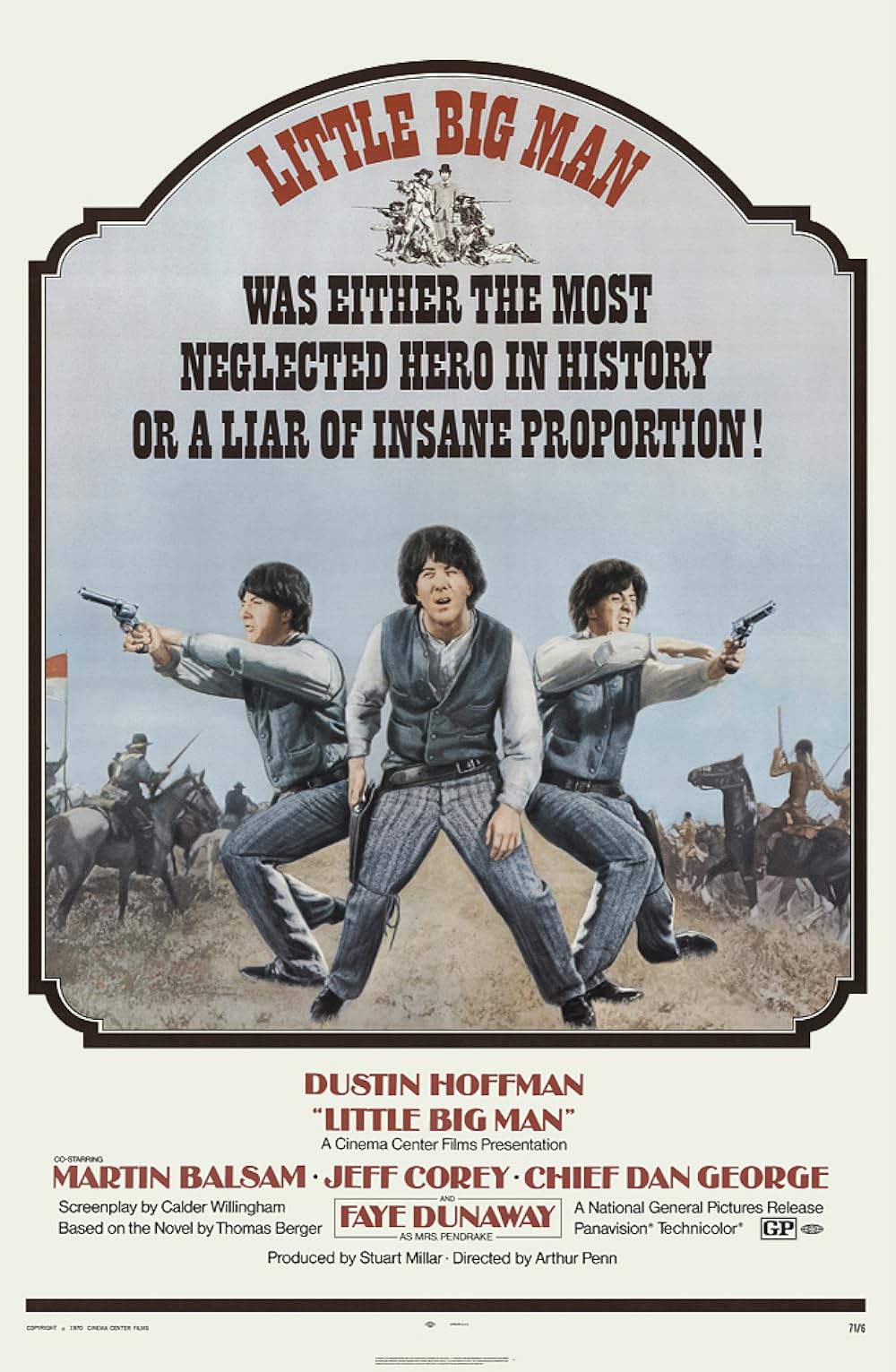
Two brothers find themselves lost and struggling to survive in the harsh, unforgiving landscape of the American West. Facing dwindling resources and the relentless desert heat, they must overcome both the dangers of the environment and their own personal conflicts to find a way back to civilization. Their journey tests their resilience and reveals the true depths of their bond.
Does Little Big Man have end credit scenes?
No!
Little Big Man does not have end credit scenes. You can leave when the credits roll.
Meet the Full Cast and Actors of Little Big Man
Explore the complete cast of Little Big Man, including both lead and supporting actors. Learn who plays each character, discover their past roles and achievements, and find out what makes this ensemble cast stand out in the world of film and television.
External Links and Streaming Options
Discover where to watch Little Big Man online, including streaming platforms, rental options, and official sources. Compare reviews, ratings, and in-depth movie information across sites like IMDb, TMDb, Wikipedia or Rotten Tomatoes.
Ratings and Reviews for Little Big Man
See how Little Big Man is rated across major platforms like IMDb, Metacritic, and TMDb. Compare audience scores and critic reviews to understand where Little Big Man stands among top-rated movies in its genre.

63
Metascore
7.7
User Score

7.5 /10
IMDb Rating

75
%
User Score
Take the Ultimate Little Big Man Movie Quiz
Challenge your knowledge of Little Big Man with this fun and interactive movie quiz. Test yourself on key plot points, iconic characters, hidden details, and memorable moments to see how well you really know the film.
Little Big Man Quiz: Test your knowledge on the remarkable life story of Jack Crabb in 'Little Big Man'.
What is the age of Jack Crabb at the beginning of the movie?
100 years old
121 years old
85 years old
150 years old
Show hint
Awards & Nominations for Little Big Man
Discover all the awards and nominations received by Little Big Man, from Oscars to film festival honors. Learn how Little Big Man and its cast and crew have been recognized by critics and the industry alike.
25th British Academy Film Awards 1972

Best Original Music

43rd Academy Awards 1971
28th Golden Globe Awards 1971
Best Supporting Performance in a Motion Picture – Drama, Comedy or Musical (Supporting Actor)
Chief Dan GeorgeFull Plot Summary and Ending Explained for Little Big Man
Read the complete plot summary of Little Big Man, including all major events, twists, and the full ending explained in detail. Explore key characters, themes, hidden meanings, and everything you need to understand the story from beginning to end.
In 1970, we meet Jack Crabb, played by Dustin Hoffman, who at the remarkable age of 121 years recounts his extraordinary life to a curious historian, portrayed by William Hickey. Jack’s tale is nothing short of spectacular; he claims to have lived numerous lives—as a captive of the Cheyenne, a daring gunslinger, an ally of the legendary Wild Bill Hickok, a scout for the notorious General George Armstrong Custer, and the last surviving white person after the Battle of Little Bighorn in 1876. His unique upbringing among the Cheyenne offers him an unparalleled perspective on both Native American and white life in the 19th century.
Flashing back to 1859, Jack, at just ten years old, witnesses the tragic massacre of his pioneer family by the aggressive Pawnee. He and his older sister, Caroline (played by Carole Androsky), are taken by a Cheyenne warrior to their village. Caroline narrowly escapes on horseback, but Jack is adopted by the benevolent tribal leader Old Lodge Skins (Chief Dan George). Life in the Cheyenne community is serene, until Jack unintentionally creates a rivalry with a boy named Younger Bear (Cal Bellini). However, when Jack rescues him from a Pawnee warrior, the two boys create an unexpected bond, earning Jack the nickname “Little Big Man” due to his bravery despite his small stature.
As Jack turns 16 in 1865, he is captured by U.S. cavalry troopers during a skirmish. In a bid for survival, he relinquishes his Native American ties. After a harsh interrogation, Jack, still considered a minor, finds himself in the care of Reverend Silas Pendrake (Thayer David) and his frustrated wife Louise (played by Faye Dunaway), who attempts to seduce him. Jack struggles with Louise’s dual nature, caught between her piety and her desires. When he discovers her in a compromising situation with another man, he leaves the Pendrake home far behind.
Soon after, Jack apprentices under a snake-oil salesman named Merriweather (Martin Balsam). Their career takes a nosedive when the townspeople, including Caroline, realize they’ve been duped, leading to a joyous reunion between the siblings. Caroline, eager to reinvent Jack, tries to turn him into a gunslinger known as the Soda Pop Kid. In a saloon encounter, he meets Wild Bill Hickok (Jeff Corey), who becomes a mentor to him. However, after witnessing a fatal encounter where Hickok must kill in self-defense, Jack loses his appetite for the violent lifestyle, and Caroline eventually abandons him.
Over the next several years, Jack partners in a general store and marries a Swedish woman named Olga (Kelly Jean Peters). Tragically, their partnership with a deceitful thief leads to the store’s demise. Just when things seem bleak, Custer offers them the chance for a fresh start out west. However, disaster strikes when their stagecoach is attacked by Cheyenne warriors, taking Olga captive. In his frantic search for her, Jack is welcomed back by Old Lodge Skins, who is overjoyed at his return.
Jack then ascends the ranks to become a muleskinner in Custer’s 7th Cavalry, desperate to learn Olga’s fate. During a confrontation against the Cheyenne, Jack witnesses unspeakable atrocities and, in a fit of fury, turns against his fellow soldiers. In a poignant twist of fate, he discovers a Cheyenne woman Sunshine (Aimée Eccles) giving birth and decides to protect her, leading to a new life intertwined with her tribe.
Years later, while winter blankets the land, a surprise assault by Custer on a Cheyenne encampment results in tragedy, as Sunshine and their child perish. Jack’s heart aches for revenge, but when faced with Custer, he falters at the moment of truth, ultimately witnessing Custer’s downfall at the Battle of Little Bighorn on June 25, 1876. Jack’s narrative of survival weaves through heartbreak, kinship, and the harsh realities of a shifting world.
Fast forward, Jack’s life spirals into despair and drunkenness in Deadwood, South Dakota, until he’s reminded by Wild Bill Hickok of his potential. The death of Hickok, alongside a heartfelt message for Louise, once again sets Jack on a path of introspection. Following a series of unfortunate events, Jack isolates himself in the wilderness only to stumble upon Custer’s troops, leading him to a fateful decision.
As Jack guides Custer into a trap, he witnesses the twisted irony of fate—where Custer’s arrogance costs the lives of many. After a tumultuous battle, Jack finds himself once more caught between loyalty and resentment, only to be saved by Younger Bear in a turn of fate. In the aftermath, Jack seeks peace with Old Lodge Skins, who has declared that “It is a good day to die,” waiting for death with dignity. But with rain falling upon them, Jack learns that sometimes hope resurfaces in the most unexpected ways.
Back in the present day, Jack’s reflections intertwine with a sense of loss, as he gently dismisses the historian, leaving behind a haunting image of an aged man in a wheelchair, contemplating memories of a world that has slipped through his fingers—forever etched in time.
Uncover the Details: Timeline, Characters, Themes, and Beyond!

Coming soon on iOS and Android
The Plot Explained Mobile App
From blockbusters to hidden gems — dive into movie stories anytime, anywhere. Save your favorites, discover plots faster, and never miss a twist again.
Sign up to be the first to know when we launch. Your email stays private — always.
Watch Trailers, Clips & Behind-the-Scenes for Little Big Man
Watch official trailers, exclusive clips, cast interviews, and behind-the-scenes footage from Little Big Man. Dive deeper into the making of the film, its standout moments, and key production insights.
Cars Featured in Little Big Man
Explore all cars featured in Little Big Man, including their makes, models, scenes they appear in, and their significance to the plot. A must-read for car enthusiasts and movie buffs alike.
Little Big Man Themes and Keywords
Discover the central themes, ideas, and keywords that define the movie’s story, tone, and message. Analyze the film’s deeper meanings, genre influences, and recurring concepts.
Little Big Man Other Names and Titles
Explore the various alternative titles, translations, and other names used for Little Big Man across different regions and languages. Understand how the film is marketed and recognized worldwide.
Similar Movies To Little Big Man You Should Know About
Browse a curated list of movies similar in genre, tone, characters, or story structure. Discover new titles like the one you're watching, perfect for fans of related plots, vibes, or cinematic styles.
Quick Links: Summary, Cast, Ratings, More

What's After the Movie?
Not sure whether to stay after the credits? Find out!
Explore Our Movie Platform
New Movie Releases (2025)
Famous Movie Actors
Top Film Production Studios
Movie Plot Summaries & Endings
Major Movie Awards & Winners
Best Concert Films & Music Documentaries
Movie Collections and Curated Lists
© 2025 What's After the Movie. All rights reserved.



